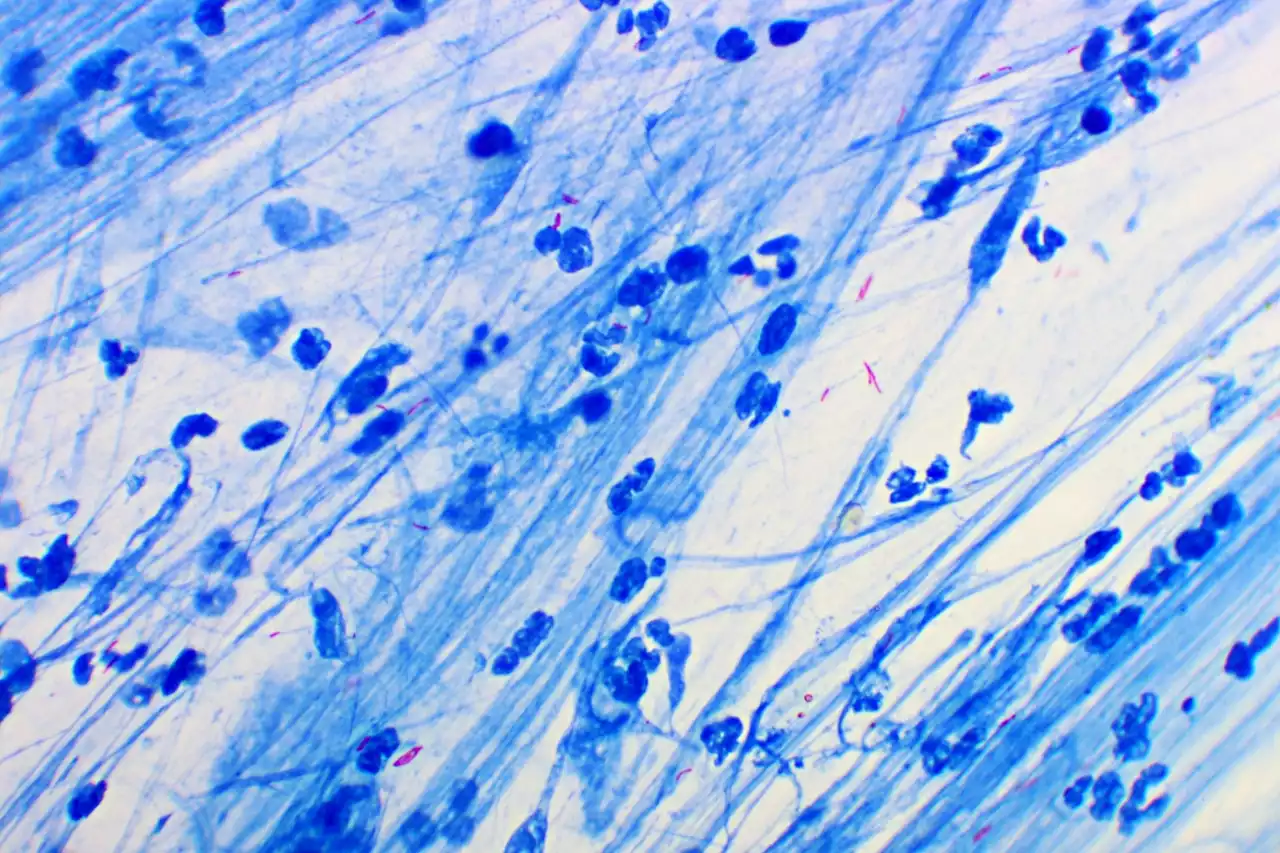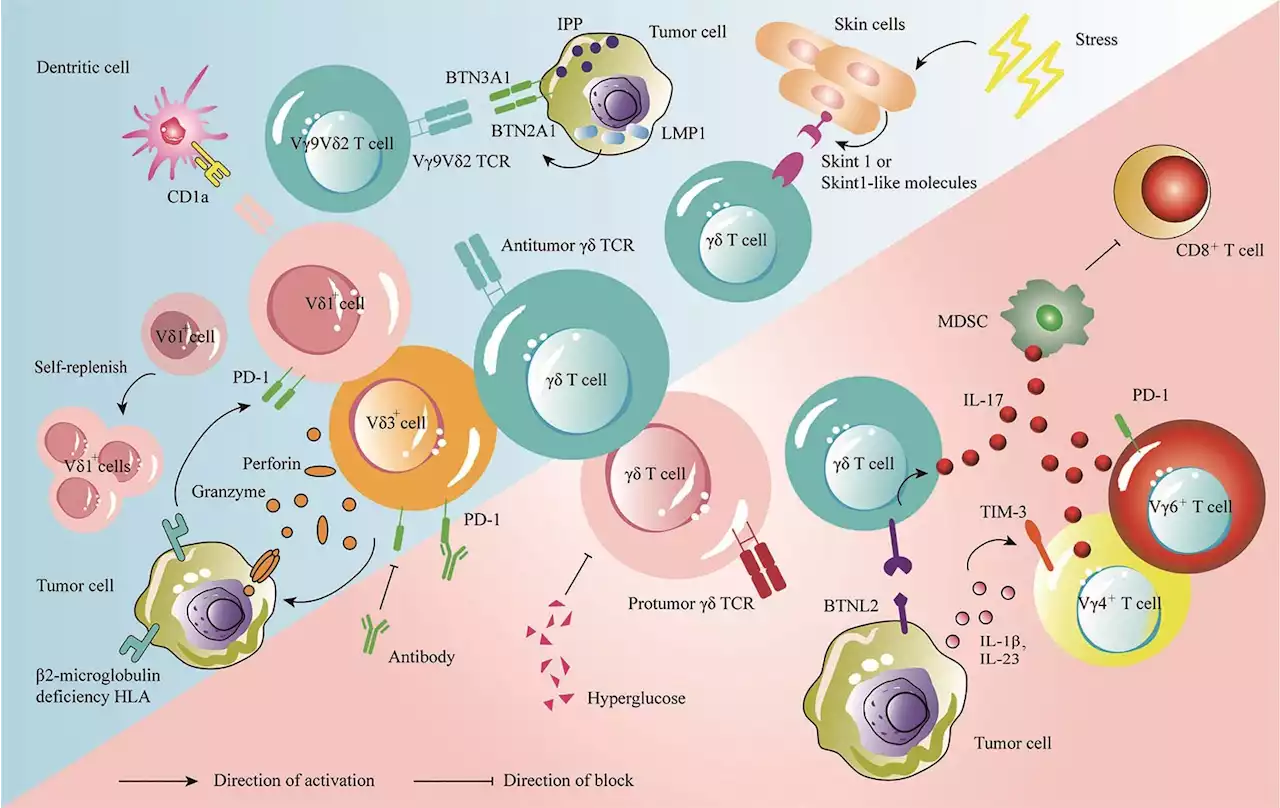The skin is the largest organ of the body, and it plays a crucial role as the first line of defense against pathogens and insults from the external environment. It provides important functions like temperature regulation and moisture retention. And despite the misconception that lipids harm your skin by causing oiliness and acne, they actually play a vital role in maintaining the skin barrier.
and especially triglycerides. Each of these lipid types are essential to maintaining the skin barrier, locking in moisture and protecting against damage. These findings suggest that C. acnes plays a distinctive role in the lipid skin regulation.We found that C. acnes induced this increase in lipid production by producing a type of short-chain fatty acid called
. Propionic acid creates an acidic skin environment that provides a number of benefits, including limiting pathogen growth, reducing staph infections and contributing to anti-inflammatory effects in the gut.that regulate lipid synthesis through C. acnes. Blocking these components also blocked C. acnes-induced lipid synthesis.
In all, our findings highlight the substantial role that a common skin bacterium and its chemical byproducts play in shaping the composition of skin lipids.on the skin barrier. For example, by increasing the lipid content in skin cells, propionic acid reduced water loss through the skin. We also found that the lipids skin cells produce after exposure to C. acnes or propionic acid have antimicrobial effects against C. acnes. This suggests that the lipids C. acnes helps produce have a dual role: They not only control the presence of C. acnes on the skin but also contribute to the overall balance of the skin microbiome so one species of microbe doesn't dominate the rest.
In the complex interplay between the skin and its microbial inhabitants, the ubiquitous C. acnes is emerging as an important player. Further research to better understand the skin microbiome may help lead to new treatments for skin conditions.
Danmark Seneste Nyt, Danmark Overskrifter
Similar News:Du kan også læse nyheder, der ligner denne, som vi har indsamlet fra andre nyhedskilder.
 Study explores lipid and metabolic alterations in HIV/TB co-infected patientsResearchers investigated the differential impact of HIV/tuberculosis co-infection on lipid and metabolic profiles.
Study explores lipid and metabolic alterations in HIV/TB co-infected patientsResearchers investigated the differential impact of HIV/tuberculosis co-infection on lipid and metabolic profiles.
Læs mere »
 New review summarizes latest research on gamma delta T cells for tumor immunotherapyGamma delta (γδ) T cells are a type of unique innate T lymphocyte that are considered to be among the best candidate cells for use in immunotherapy. However, owing to their rarity in the peripheral circulation and lymphoid organs, their precise role in regulating antitumor immune response remains more or less unclear.
New review summarizes latest research on gamma delta T cells for tumor immunotherapyGamma delta (γδ) T cells are a type of unique innate T lymphocyte that are considered to be among the best candidate cells for use in immunotherapy. However, owing to their rarity in the peripheral circulation and lymphoid organs, their precise role in regulating antitumor immune response remains more or less unclear.
Læs mere »
 $2.8 million awarded to translate research on how cancer cells evolve and compete into patient careThe National Institutes of Health recently awarded Cleveland Clinic's Jacob Scott, M.D., D.Phil., and collaborators $2.8 million to translate research on how cancer cells evolve and compete into patient care.
$2.8 million awarded to translate research on how cancer cells evolve and compete into patient careThe National Institutes of Health recently awarded Cleveland Clinic's Jacob Scott, M.D., D.Phil., and collaborators $2.8 million to translate research on how cancer cells evolve and compete into patient care.
Læs mere »
 Study shows link between regulatory T cells and anxiety, depression, Alzheimer's diseaseRegulatory T cells-;work horses of the body's immune system-;may also stabilize mood, according to a study. Forkhead box P3 (Foxp3) is a transcription factor that controls the production of regulatory T cells (Tregs).
Study shows link between regulatory T cells and anxiety, depression, Alzheimer's diseaseRegulatory T cells-;work horses of the body's immune system-;may also stabilize mood, according to a study. Forkhead box P3 (Foxp3) is a transcription factor that controls the production of regulatory T cells (Tregs).
Læs mere »
 Music can trigger cells to release insulin within minutesDiabetes is a condition in which the body produces too little or no insulin. Diabetics thus depend on an external supply of this hormone via injection or pump.
Music can trigger cells to release insulin within minutesDiabetes is a condition in which the body produces too little or no insulin. Diabetics thus depend on an external supply of this hormone via injection or pump.
Læs mere »
 Immune cells linked to anxiety, depression, and Alzheimer's diseaseRegulatory T cells—work horses of the body's immune system—may also stabilize mood, according to a study. Forkhead box P3 (Foxp3) is a transcription factor that controls the production of regulatory T cells (Tregs).
Immune cells linked to anxiety, depression, and Alzheimer's diseaseRegulatory T cells—work horses of the body's immune system—may also stabilize mood, according to a study. Forkhead box P3 (Foxp3) is a transcription factor that controls the production of regulatory T cells (Tregs).
Læs mere »
